Metoclopramide Hydrochloride Tablets for Cats: Benefits, Uses, and Dosage Guide
When it comes to caring for our feline friends, one of the most important aspects of their health is their digestive system. Just like humans, cats can experience various gastrointestinal (GI) issues, including nausea, vomiting, and bloating, which can make them uncomfortable and distressed. One medication that plays a vital role in managing these issues is Metoclopramide Hydrochloride.
Metoclopramide Hydrochloride is commonly used by veterinarians to treat conditions that affect the stomach and intestines. It works primarily as a prokinetic agent, meaning it helps increase the motility of the gastrointestinal tract. This medication is particularly useful for cats suffering from vomiting, nausea, and delayed gastric emptying.
What is Metoclopramide Hydrochloride?
Metoclopramide Hydrochloride is a medication used to manage nausea, vomiting, and other gastrointestinal (GI) issues in both humans and animals, including cats. It is available in tablet form, which makes it easy to administer to pets.
How Does Metoclopramide Work?
Metoclopramide works by stimulating the motility of the stomach and intestines. It increases the rate at which food moves through the digestive tract, helping to prevent or relieve symptoms of delayed gastric emptying (gastroparesis) and reflux. The drug acts on the dopamine receptors in the brain, which in turn influences the gastrointestinal system.
Additionally, Metoclopramide is known to act as a dopamine receptor antagonist in the brain, meaning it blocks the action of dopamine, a neurotransmitter involved in the vomiting reflex. This mechanism helps prevent nausea and vomiting, making Metoclopramide effective in treating motion sickness, chemotherapy-induced nausea, and vomiting due to other causes.
Indications for Metoclopramide Hydrochloride Tablets in Cats
- Vomiting and Nausea
- Primary Use: Metoclopramide is commonly prescribed to treat vomiting and nausea in cats caused by a variety of factors, including infections, gastrointestinal disorders, medications, or toxins.
- Benefits: It helps control vomiting by blocking dopamine receptors in the brain and preventing the vomiting reflex.
- Gastric Stasis (Delayed Gastric Emptying)
- It is particularly beneficial in treating gastric stasis, where food is delayed in the stomach, causing discomfort, bloating, and nausea.
- Gastroesophageal Reflux Disease (GERD)
- Prevention of Acid Reflux: For cats with GERD, Metoclopramide strengthens the lower esophageal sphincter, preventing stomach acid from flowing back into the esophagus, which reduces irritation, discomfort, and inflammation.
- Post-Surgical Nausea and Vomiting
- Post-Op Recovery: After surgery, particularly abdominal surgery, cats may experience delayed gastric emptying or nausea as a side effect of anesthesia. Metoclopramide helps speed up recovery by promoting gastric motility and reducing nausea.
- Chemotherapy-Induced Nausea and Vomiting
- Chemotherapy Support: Cats undergoing chemotherapy often experience severe nausea and vomiting. Metoclopramide, often used in combination with other anti-nausea medications, helps reduce these side effects, improving comfort during cancer treatment.
- Motion Sickness
- Acute Vomiting Relief: Metoclopramide is also useful for cats that suffer from motion sickness, helping prevent vomiting caused by car rides, travel, or other motion-related causes.
Benefits of Metoclopramide Hydrochloride Tablets for Cats
- Relieves Vomiting and Nausea
- Effectiveness: Metoclopramide is highly effective at reducing vomiting and nausea caused by various factors like infections, medication side effects, or gastrointestinal issues. By blocking dopamine receptors, it prevents the vomiting reflex, providing quick relief.
- Common Conditions: Ideal for motion sickness, post-surgical nausea, or nausea caused by chemotherapy.
- Enhances Gastric Motility
- Improves Digestion: Metoclopramide stimulates stomach muscles, accelerating the movement of food through the digestive tract. This helps reduce bloating and discomfort from delayed gastric emptying.
- Gastric Stasis: Beneficial for cats with gastric stasis, a condition where food moves too slowly through the stomach, causing nausea, bloating, and discomfort.
- Aids Post-Surgical Recovery
- Post-Op Relief: After abdominal or gastrointestinal surgery, cats often experience nausea and delayed gastric emptying. Metoclopramide helps speed up gastric emptying, reducing post-surgical discomfort and the risk of complications like vomiting or aspiration pneumonia.
- Chemotherapy-Induced Nausea and Vomiting
- Oncology Support: Cats undergoing chemotherapy often experience severe nausea and vomiting. Metoclopramide, when combined with other anti-nausea medications, can effectively manage these symptoms, improving the cat’s overall comfort and quality of life during cancer treatment.
- Quick Onset of Action
- Rapid Relief: Metoclopramide works quickly, usually providing noticeable relief from vomiting and nausea within hours of administration, making it an excellent choice for acute gastrointestinal issues.
- Safe for Short-Term Use
- Low Risk of Side Effects: When used under veterinary supervision, Metoclopramide is generally considered safe for short-term use. Common side effects like drowsiness or mild gastrointestinal upset are usually temporary and resolve once the cat adjusts to the medication.
Metoclopramide Hydrochloride for Cats: Dosage and How to Administer
Metoclopramide Hydrochloride is typically administered in tablet form for cats, and the correct dosage depends on the cat’s weight, health condition, and the specific issue being treated. It is essential to follow your veterinarian’s instructions closely to ensure safe and effective use.
Recommended Dosage
The typical dosage for Metoclopramide in cats is:
- 1 to 0.2 mg per pound (0.2 to 0.5 mg per kg) of body weight.
The dosage may vary depending on the severity of the condition and the cat’s response to the medication. For cats that are particularly sensitive or have underlying health issues, the vet may start with a lower dose and gradually increase it.
How to Administer Metoclopramide Hydrochloride Tablets
- Oral Tablets:
- Pill Pockets: If your cat refuses to take the medication directly, place the tablet inside a pill pocket or mix it with a small amount of their favorite treat or food.
- Crushing Tablets: If your cat refuses to swallow the tablet, it can be crushed and mixed with food, but only do so with your vet’s approval to ensure efficacy and avoid any potential issues with absorption.
- Consistency: Administer the medication at the same times every day to maintain consistent levels of the drug in your cat’s system.
Administration Tips
- Avoid Crushing for Certain Conditions: Some medications lose potency if crushed.
- Monitor Your Cat: Keep an eye on your cat for any potential side effects like drowsiness, restlessness, or gastrointestinal upset, and contact your vet if these occur.
- Long-Term Use: If the medication is to be used long-term, your vet may monitor your cat’s response and adjust the dosage as needed.
Dosage Chart Example
| Cat Weight (lbs) | Dosage (mg) | Frequency |
| 5-10 lbs | 0.5-1 mg | 2-3 times/day |
| 10-15 lbs | 1-1.5 mg | 2-3 times/day |
| 15-20 lbs | 1.5-2 mg | 2-3 times/day |
Side Effects of Metoclopramide Hydrochloride Tablets for Cats
While Metoclopramide is generally well-tolerated by most cats, there are some potential side effects to be aware of.
Common Side Effects
- Drowsiness or Sedation: One of the most common side effects of Metoclopramide in cats is drowsiness.
- Restlessness or Anxiety: Some cats may experience an increase in restlessness or anxiety when on Metoclopramide.
- Diarrhea: Metoclopramide may cause gastrointestinal upset, including diarrhea, in some cats.
- Changes in Appetite: Some cats may experience a loss of appetite, while others may eat more than usual.
Severe Side Effects
Though rare, there are more serious side effects that could occur, including:
- Extrapyramidal Symptoms: These include involuntary muscle movements, such as twitching, rigidity, or unusual postures.
- Seizures: In rare cases, cats with a history of seizures may be more prone to experiencing seizures while on Metoclopramide.
Precautions
- Pre-existing Health Conditions: Cats with certain health conditions, such as seizures, kidney disease, or liver disease, should only take Metoclopramide under strict veterinary supervision.
- Drug Interactions: Metoclopramide may interact with other medications, including certain antibiotics and antacids.
Metoclopramide Hydrochloride: Clinical Findings in Cats
Efficacy in Treating Vomiting and Nausea
Clinical studies have shown that Metoclopramide is highly effective in reducing vomiting and nausea in cats, especially due to gastrointestinal disorders and post-surgical recovery. It works by enhancing gastric motility, thus helping cats recover from nausea-related discomfort.
Gastric Motility and Gastric Stasis
Research confirms that Metoclopramide improves gastric motility and accelerates gastric emptying, making it an essential treatment for cats with delayed gastric emptying or gastric stasis, common after surgery or due to chronic conditions like pancreatitis.
Gastroesophageal Reflux (GERD)
Studies indicate that Metoclopramide strengthens the lower esophageal sphincter, preventing acid reflux and reducing symptoms in cats suffering from GERD.
Chemotherapy-Induced Nausea and Vomiting
In cats undergoing chemotherapy, clinical trials show that Metoclopramide, combined with other anti-nausea drugs like Ondansetron, significantly reduces vomiting and nausea, enhancing overall comfort during treatment.
Safety and Side Effects
While generally safe, Metoclopramide can cause drowsiness and diarrhea. Serious side effects like muscle rigidity or tremors are rare but possible, particularly at high doses or in cats with underlying conditions.
Comparison with Other Medications
Clinical research has shown that Metoclopramide is particularly effective for gastric motility issues, while other drugs like Ondansetron are better suited for nausea caused by chemotherapy. Combining these medications can enhance results.
Conclusion
Metoclopramide Hydrochloride Tablets play a crucial role in managing gastrointestinal issues in cats, providing relief from symptoms such as nausea, vomiting, and delayed gastric emptying. This medication is essential in improving gastric motility, preventing reflux, and enhancing the overall digestive health of cats suffering from various conditions, including nausea caused by illness or medication, post-surgical recovery, and chronic gastrointestinal disorders. While Metoclopramide offers significant benefits, including quick relief and minimal side effects when used correctly, it’s important to administer it under the guidance of a veterinarian. Monitoring for any adverse reactions, adhering to the prescribed dosage, and understanding the potential side effects are key to ensuring your cat’s well-being.







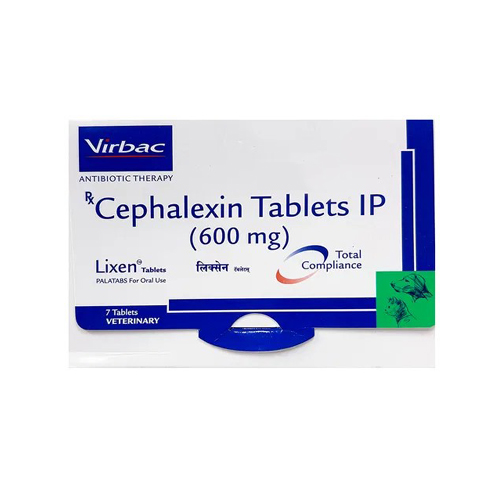
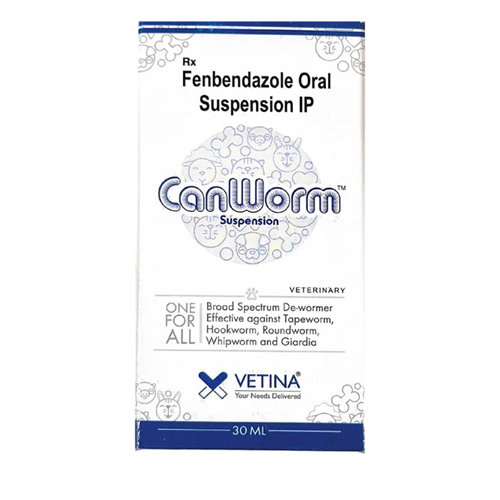


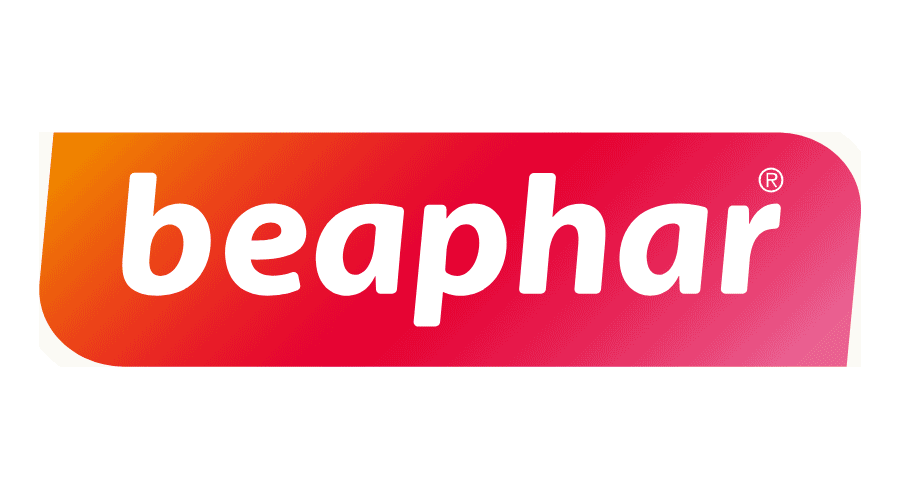
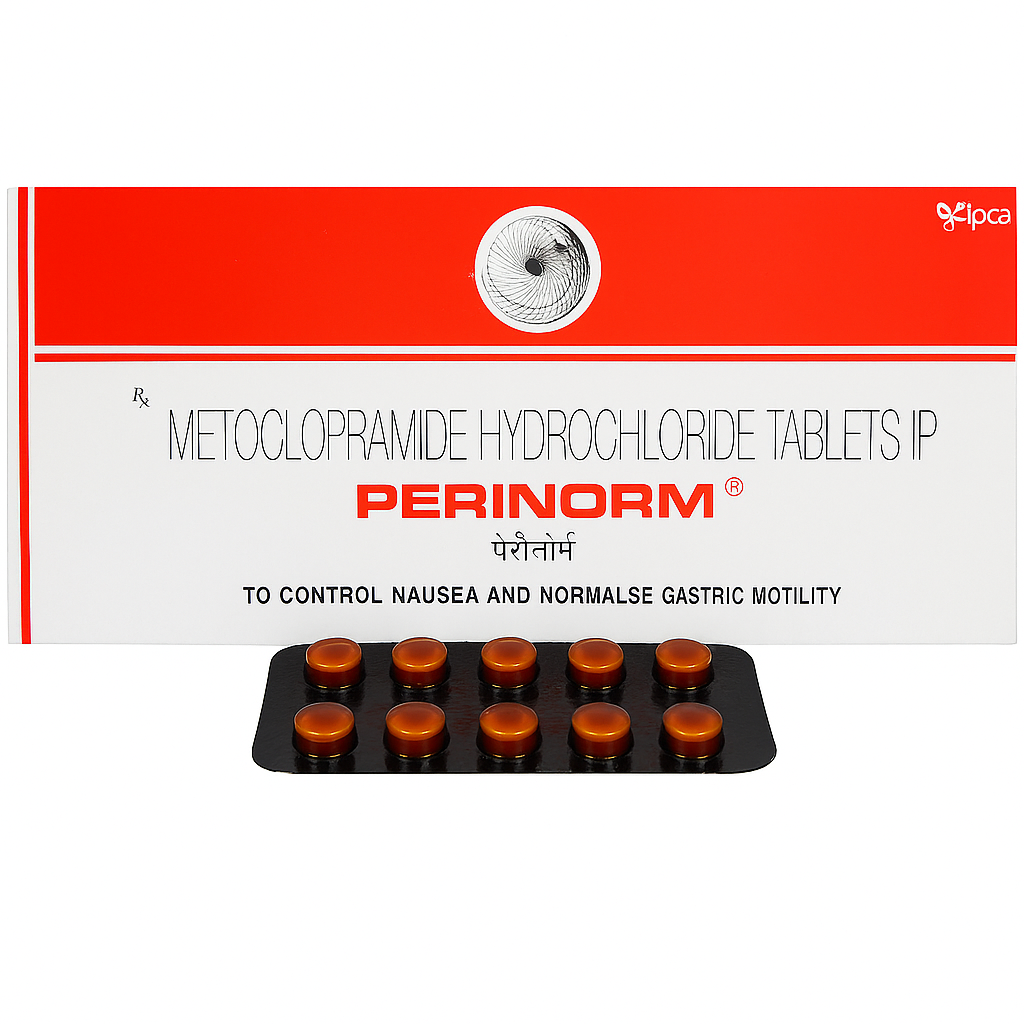
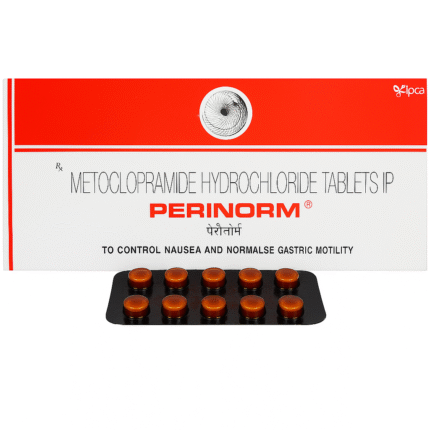
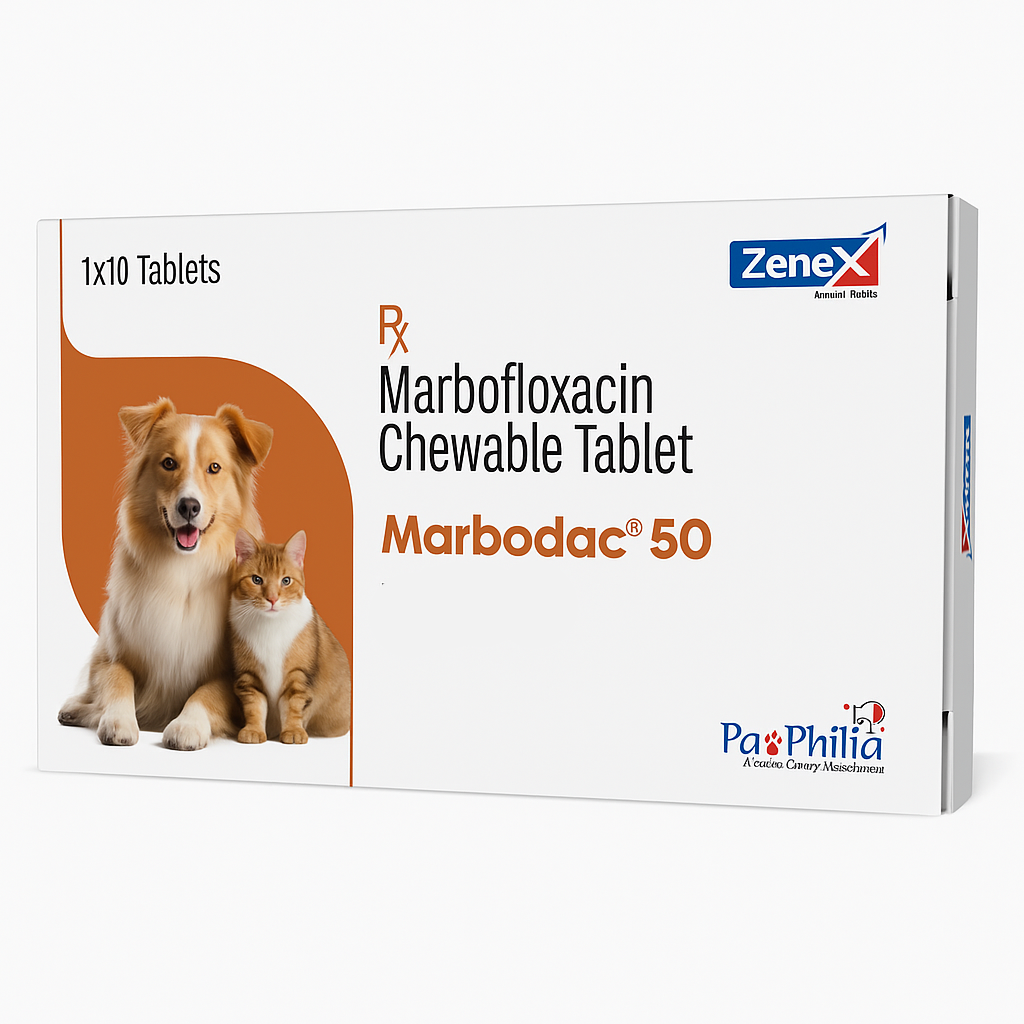
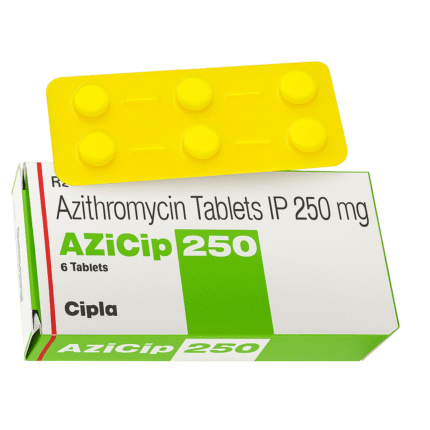
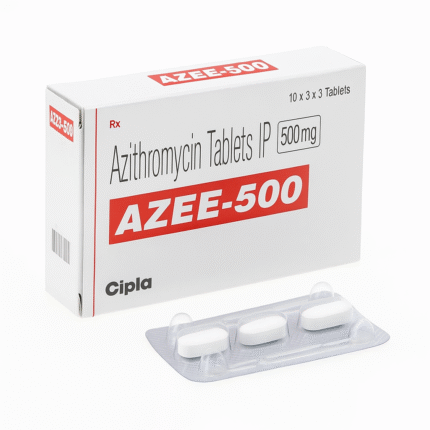
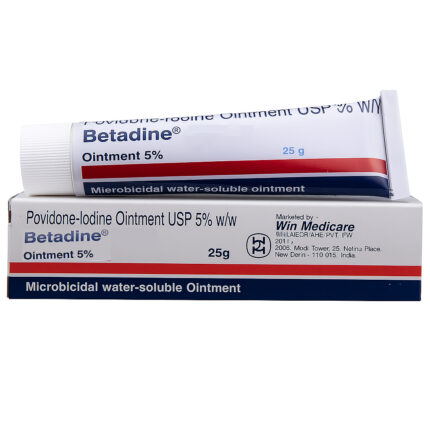
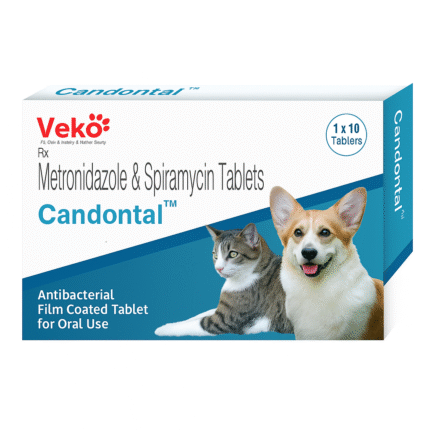
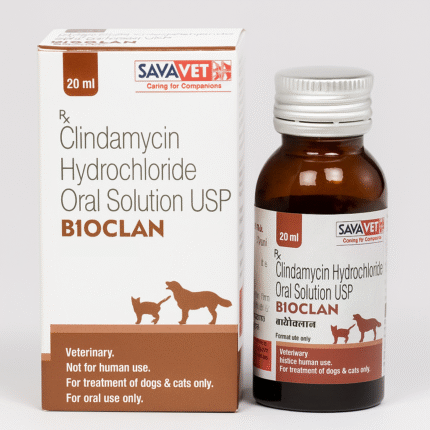

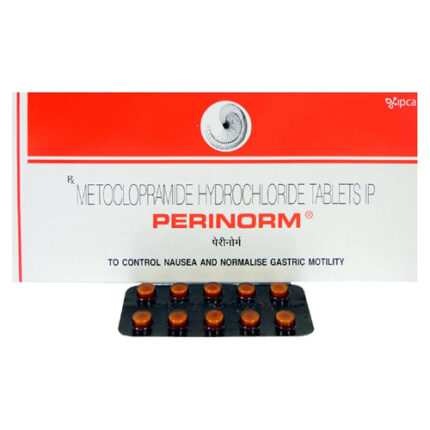
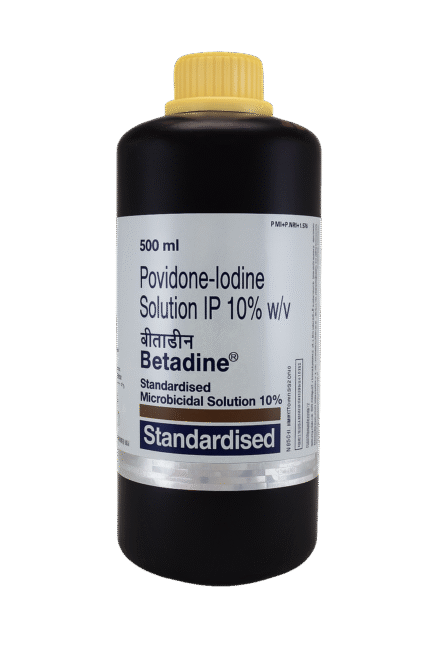
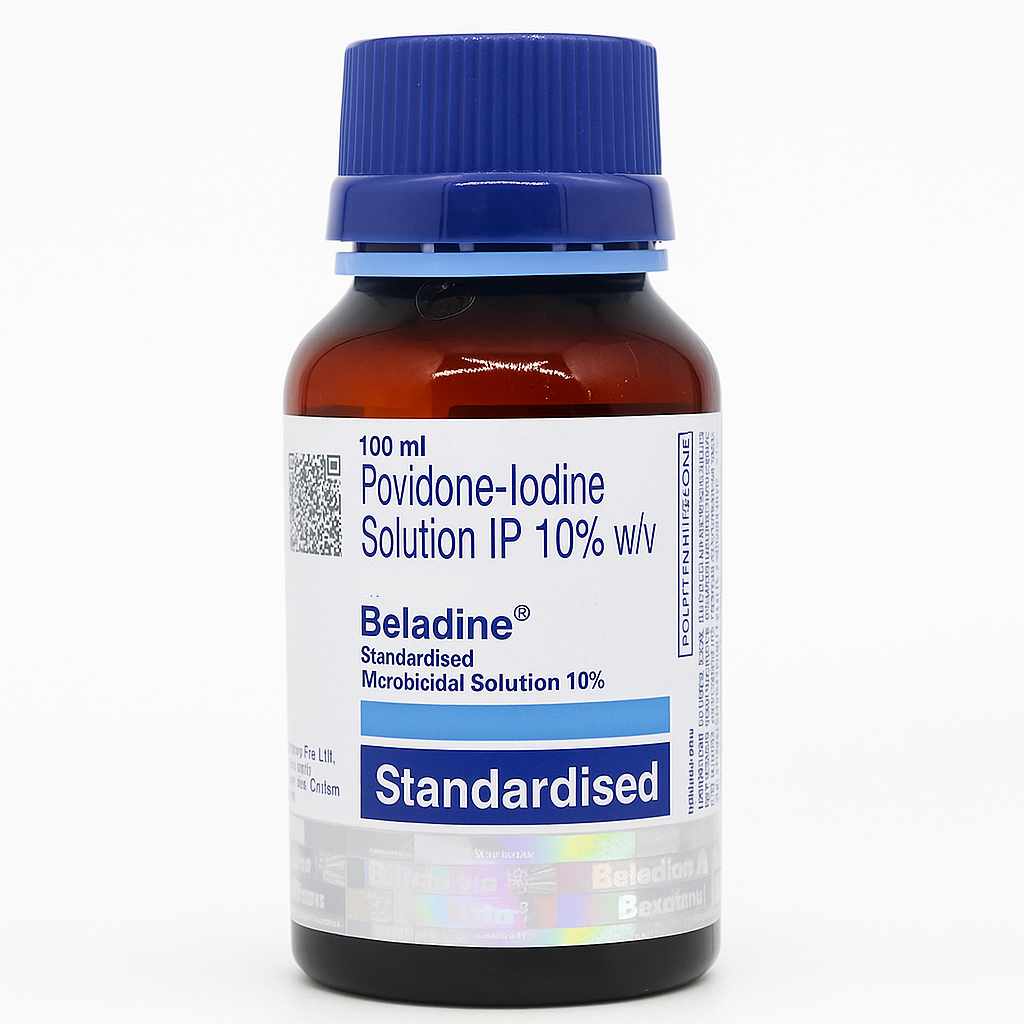
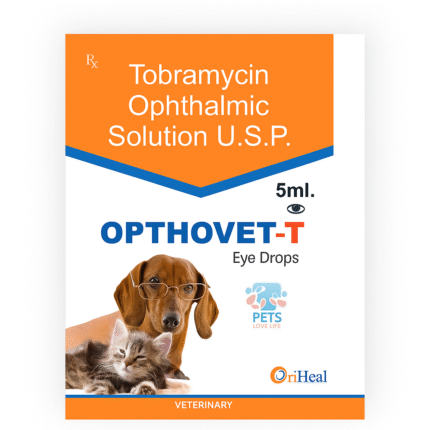
Reviews
There are no reviews yet.